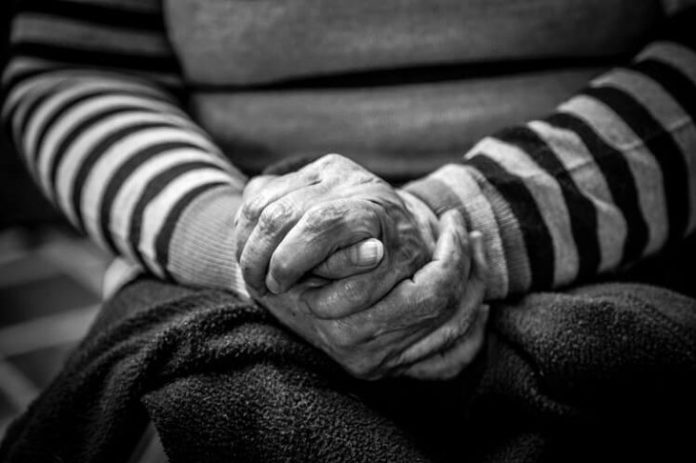
Seniors are an especially vulnerable group at this time, not only because they’re especially susceptible to the coronavirus infection, but also because there is an increased likelihood they will suffer from a more severe form of COVID-19 and experience complications.
An article published for The Geriatric Emergency Department Collaborative suggests a simple way that seniors can protect their immune health: by sleeping well. “Sleep and maintenance of circadian rhythms are critically important to immune function,” explains the article.
Isolation isn\’t easy
Social isolation is another factor that may drain the emotional health of older adults and their care partners. Some needs can be addressed fairly easily; for instance, when it comes to obtaining medication, many pharmacies offer delivery, as do grocery stores and restaurants. Family members or friends can also help by picking up groceries and other supplies.
But isolation could also make it harder for caregivers to notice changes in cognition or function, or even miss a fall that has occurred.
Having to use technology may also pose more problems for seniors, says Dr. Kathryn A. Boling, family medicine specialist at Mercy Medical Center in Baltimore, Maryland.
“Maybe their younger generation could have helped them in the past, but they’re really stuck now,” says Boling. “Letting someone into the home who’s younger might be exposing them to a virus that could ultimately kill them.”
Since they’ve set up telemedicine, Boling has noticed that accessing the program can be difficult for older patients, especially when it comes to disabling pop-ups in their browser (which needs to be done so they can access telehealth). She’s found asking her medical assistants to call patients and walk them through the steps solves this issue.
When it comes to other types of technology, Boling finds that those with very rudimentary computer skills can use FaceTime if they have an iPhone, or Skype on their computer. If that’s not possible, she suggests opting for a phone call, or visiting their house.
“If you’re both wearing a mask and stay 6 feet apart (2 metres), you might be able to walk a little bit, even if it’s just down the driveway and in front of the house for a little bit,” says Dr. Boling. “Just get some exercise and get outside where there’s sun and fresh air, because it lifts our spirit to be outside.”
Help out as often as you can
During this time, seniors can benefit tremendously from any help we’re able to give them. Consider connecting with them as often as you can and encouraging others to join you.
If you need food, or you can offer to deliver some, check out Share the Goods (sharethegoods.ca). This service connects those who “need a little help” to those who “want to help.”
















